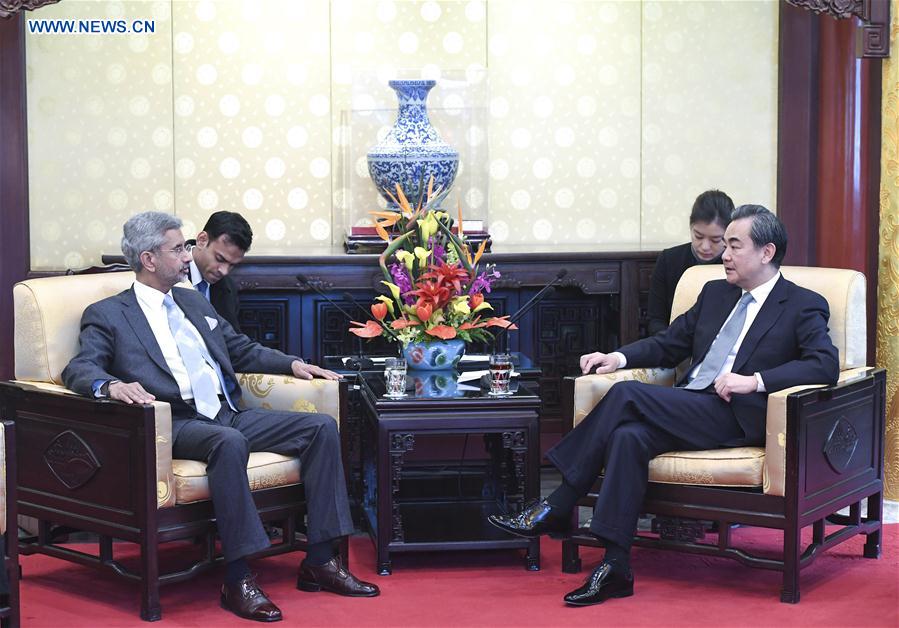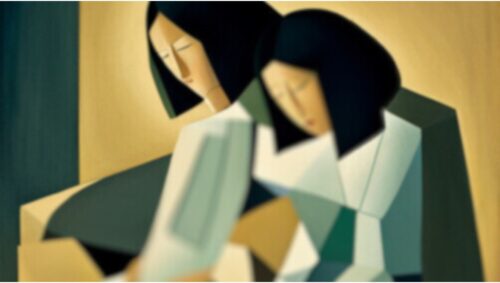Academics and publishers rebel against censorship requests from China
A summary of the top news in Chinese politics and current affairs for August 22, 2017. Part of the daily The China Project newsletter, a convenient package of China’s business, political, and cultural news delivered to your inbox for free. Subscribe here.

After Cambridge University Press (CUP), one of the world’s oldest publishing houses, first censored and then un-censored 315 academic articles from its China Quarterly journal at the behest of Chinese authorities, it has been revealed that two other academic outlets have also been pressured to self-censor in China. Academics, journals, and institutions around the world are expressing alarm at the further suffocation of freedom of speech in the People’s Republic.
- The Journal of Asian Studies, also published by CUP, said “authorities asked its publisher remove about 100 articles from its website in mainland China,” but that “the request was refused,” the SCMP reports.
- Reuters reports that LexisNexis, a “provider of legal, regulatory and business information,” revealed that “earlier this year LexisNexis Business Insight Solutions in China was asked to remove some content from its database.” The statement continues, “In March 2017, the company withdrew two products (Nexis and LexisNexis Academic) from the Chinese market.”
Academic societies and scholars are even less happy with Chinese authorities than usual.
- The Association for Asian Studies published a statement in response to CUP’s censorship battle with Chinese authorities: “The officers of the association are extremely concerned about this violation of academic freedom, and the AAS is in ongoing discussions with CUP about how it will respond to the Chinese government.”
- Dr. Michiel Kolman, president of the International Publishers Association, gave a statement in support of CUP and against Chinese censorship, the Guardian reports. He added, “There is no upside to censorship — it simply hampers human progress and stimulates fear and resentment.”
- Noted China scholar Geremie R. Barmé observes a larger, dispiriting trend of a resurgence of a “burn the books, bury the scholars” tactic taken in China’s past. He writes that “under the rule of China’s Chairman of Everything, Xi Jinping, a man who has more than a little of Mao about him, the noose has been tightening once more. No books have been burned yet (but who knows how many manuscripts have been relegated by the censors to data death on hard drives or to the desk draw, where they lie in wait for some future relaxation?).”
Predictably, news of CUP’s decision to defy censors was — you guessed it — censored in China. Read the Guardian’s summary of that development, and in the same publication see an op-ed from Tim Pringle, editor of the China Quarterly journal, which was originally censored last week.
- Human rights
Activist confesses to subversion in Chinese show trial / NYT (paywall)
Chinese activist Jiang Tianyong’s subversion trial dismissed as sham / The Guardian
Chinese rights lawyer admits subversion in what wife calls show trial / Reuters - North Korea
Treasury unveils new sanctions on Chinese, Russian entities in push to pressure North Korea / CNBC - South Korea
Chinese authorities seize equipment from South Korean retail giant Lotte as tensions over missile defense shield continue / SCMP - U.S.-China relations
Naval collision adds to fears about U.S. decline in Asia / NYT (paywall)
Collision of USS John S. McCain is met with ‘applause’ in China, according to state media / CNBC
China defends ally Pakistan after Trump criticism / Reuters - Infrastructure
China relaunches world’s fastest train / BBC






